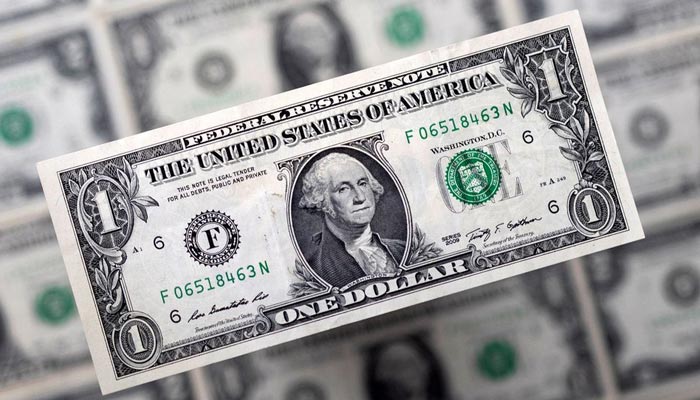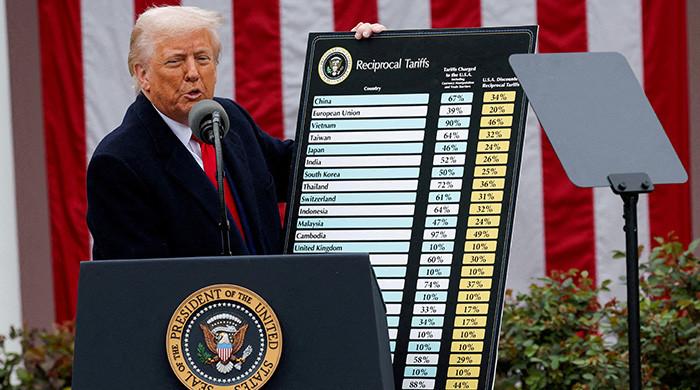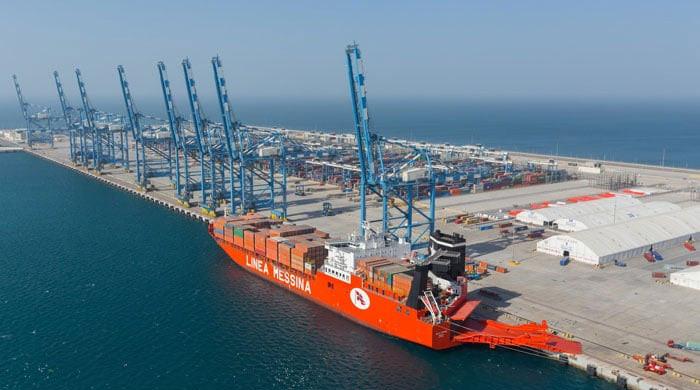How does removing dollar cap affect exchange rate in open market?
ECAP decides to remove price cap in hopes to end surging "artificial" demand for greenback in market
January 25, 2023

KARACHI: Despite the Exchange Companies Association of Pakistan's (ECAP) positive decision to remove the cap on the US dollar, analysts believe that the capping had been extremely unfavourable.
The ECAP on Tuesday decided to remove the price cap in hopes to end the surging "artificial" demand for the greenback in the market. The decision will be effective from today (Wednesday).
The dollar is currently being traded at three different rates — the official rate of the State Bank of Pakistan, the exchange companies' rate, and the rate in the black market.
"There was artificial demand in the market as people would buy the dollar from us and sell it in the grey market," the association's statement mentioned, highlighting that the business was shifting from official channels to the grey ones, hurting not only the reserves but also dealing losses to the exchange companies.
However, only exchange firms switching to market-based rates won't be enough to close a vast price gap between the official and unofficial markets for dollars.
“It is a good step but need to see how finance minister will react to this. Ideally, the rate should be market determined as per International Monetary Fund (IMF) requirement,” said Fahad Rauf, head of research at Ismail Iqbal Securities.
The interbank rate should also be market determined, he added. “Only exchange companies shifting to market based rates won't be sufficient. Interbank also needs to come up to narrow the gap between unofficial and official rates.”
The imposition of a cap led to the emergence of a lucrative illegal market. Remittances have been decreasing as more people use hawala and hundi, which offer better rates than the official rate. As more people are transferring money using illegal means, artificially controlling the exchange rate has resulted in a significant disparity between the dollar interbank rate and open market rate, which is impacting official flows.
“The grey market is flourishing because demand is outstripping supply. Also, there are other reasons why people prefer the hawala system. In our opinion the impact will be negligible,” said Faisal Mamsa, CEO of Tresmark.
Mamsa explained that similar situations could be seen in Egypt and Bangladesh. “Egypt’s local currency depreciated by 22%, but the gap with the informal market remained the same. In Bangladesh, remittances have dropped at almost the same pace as in Pakistan.”
“However, it’s a proactive measure by the exchange companies that can evolve in to an efficient medium of exchange and bring some equilibrium in the market,” he added.











